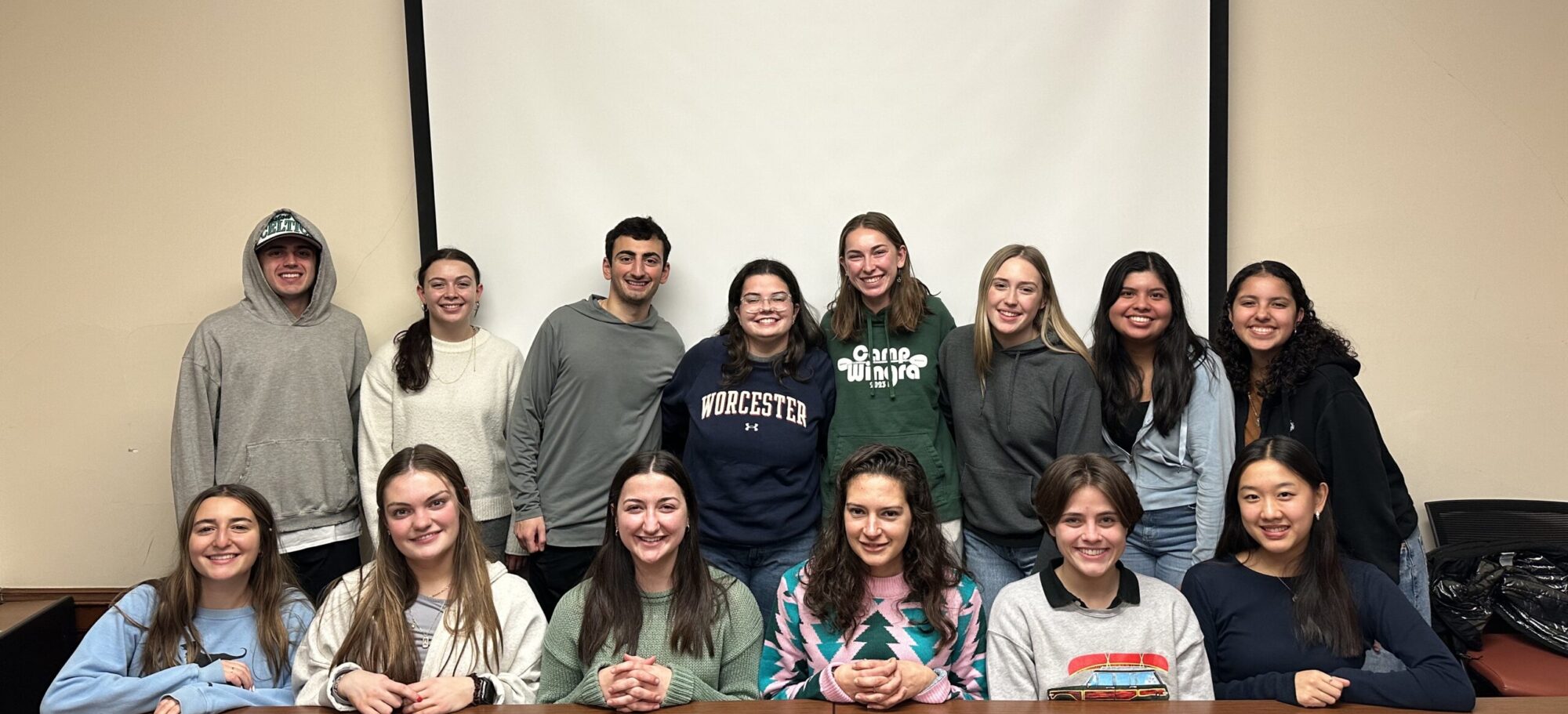The past few weeks in CBL with WPS Transition program have been off to an incredible start. We have had a cooking class, a garden club presentation, and more, and we are only halfway through the semester. I would like to take a moment not just to reflect on my experience with some wonderful students on-site but also some really thoughtful and reflective students off-site. I spent my Friday before October break with my fellow CBL Interns leading some Spanish 301 discussion sessions. These classes demonstrated some of the most compelling and reflective discussions I have ever been a part of. We spoke in Spanish and in English making connections between lessons learned at CBL and in the classroom. Even more profound, is that my groups easily passed through questions about basic daily-life at their sites and dove deeply into the difficult questions of asset-based and deficit-based lenses in a volunteer setting.
Leaving these sessions was like leaving a meditation class–through a tough week filled with the typical worldly negative news, I was the one who needed to hear the sincere and positive comments made by my fellow classmates. In CBL, we often get backlash. Students feel that this should not be a requirement and feel forced by their professors to volunteer. In moments like this, when the student can surpass this feeling of requirement they open up to such interesting discussions and possibilities within their CBL sites. I am so grateful to Kevin, Beth, Wendy and so many more of the new students at the WPS Transition Spanish program on Wednesday mornings. They come into CBL with a smile on their face ready to interact even if their Spanish, like my own, has good and bad days. They are dedicated on-site and also in their discussion in the classroom, which I was so grateful to be a part of last Friday.
That “aha” moment that we as interns seek to inspire in CBL students is often difficult to conjure. Sometimes it never comes and other times it has been there the whole time. This week, I am grateful for every CBL student, even the ones who don’t always want to be there but still go. Thanks to the Donelan Office and Michelle and Isabelle, I was able to get a sneak peek into the minds of so many wonderful human beings.


